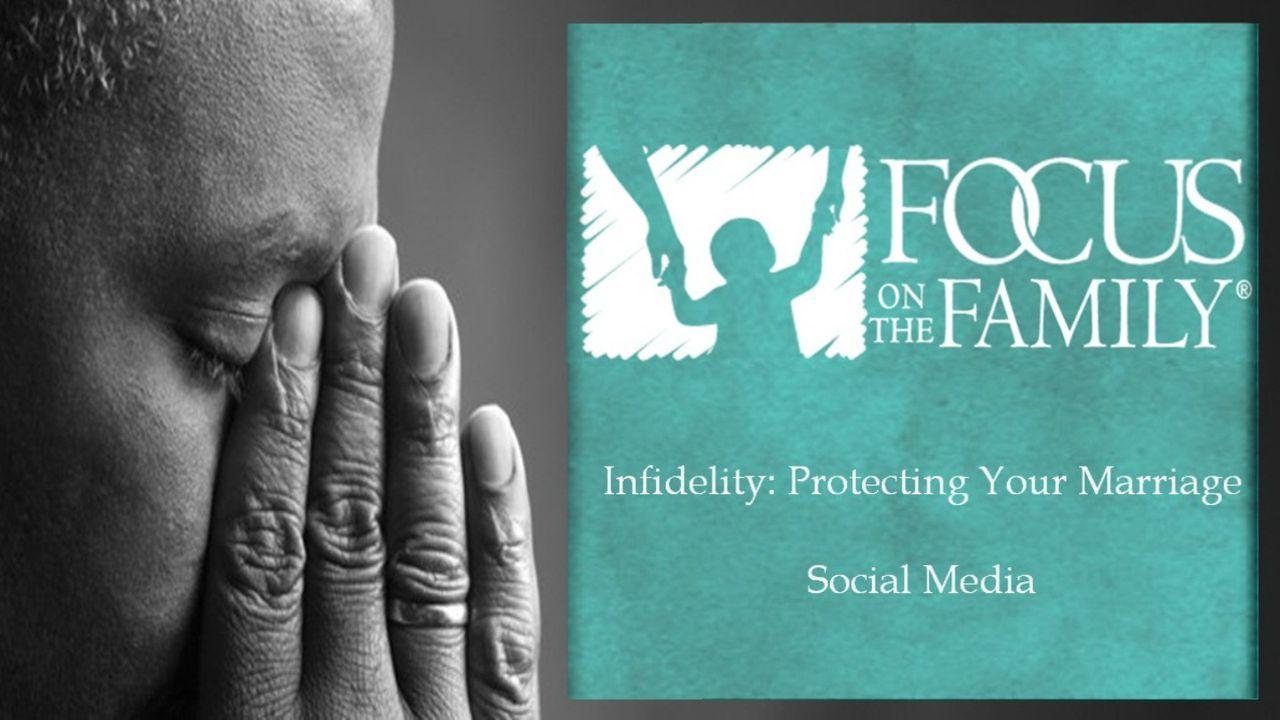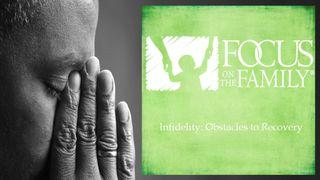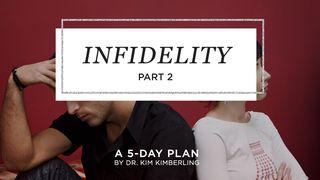Protecting Your Marriage From Online InfluencesSample

GUIDELINES FOR INTERACTING WITH MEMBERS OF THE OPPOSITE SEX
If you’re married, there’s a basic rule of thumb that should govern your interactions with members of the opposite sex via Facebook and Twitter. If you’re spending more time with these online “friends” than with your spouse, something needs to change. If this is your situation, sit down with your spouse and take a very close look at your relationship. If necessary, do this with the assistance of a trained marriage counselor.
You should also ask yourself exactly why you’re interested in maintaining connections with individuals of the opposite sex via social media. Take some time to evaluate your motives. Is it possible that you’re looking for ways to meet a need that your marriage isn’t meeting for you at present? This could be an underlying or even unconscious factor that deserves careful thought.
Remember that there are always compelling reasons to be cautious about opposite-sex friendships outside of your marriage, both online and off-line. Before you were married you may have had many such friendships, but things are different now. Once you’ve said “I do,” your bond with your spouse must take priority over every other relationship.
Bear in mind, too, that most affairs begin as an innocent connection between two people. Time spent together, whether face-to-face, by phone, or via computer, can lead to the sharing of intimate secrets. This in turn can erode the foundation of trust which is essential to every marriage. When that happens, it’s just a short step to betrayal and infidelity.
Are there any red flags or danger signals to watch for? Absolutely. When it comes to ‘’friends” of the opposite sex, you should regularly take stock of your own behavior and attitudes. Get together with your spouse, draw up a list of appropriate boundaries and best practices, and make a promise to stick with them. Ask yourself whether you might be using social networking in inappropriate ways.
For example, are you overly quick to “like” or become a “fan” of any particular individual’s postings? Could you have ulterior motives — motives you don’t even want to admit to yourself — for doing so? Do you frequently find yourself compelled to visit this person’s Facebook page just to “keep up”? Is there a glaring imbalance between the number of your male and female online “friends”? These can all be indications that something is not quite right with your marriage.
There are also some warning signs to look for in the specific content of your communications with members of the opposite sex. Do your conversations include things that should be kept between you and your spouse? Is there anything secretive about the messages you send to one another? Do you find yourself daydreaming about any of these friends? Do you look for excuses to visit them online? Do you share thoughts, feelings, or problems with them that you don’t reveal to your spouse? Are you convinced that they understand you better than your spouse does?
If you said yes to any of these questions, there’s a danger that these relationships may be crossing the line between the platonic and the romantic. And that’s a matter for serious concern.
Scripture
About this Plan

Social media can be enriching – but it can also be dangerous, especially to your marriage. The best way to keep social media from harming your marriage is to set firm boundaries and use it wisely. This 10-day reading plan will give you guidance on how to do just that! Get resources on marriage, parenting, faith, and more at FocusOnTheFamily.com.
More
We would like to thank Focus on the Family for providing this plan. For more information, please visit: www.focusonthefamily.com
Related Plans

Starting Recovery After Infidelity

Healing A Marriage

Infidelity - Part 2

Infidelity - Part 1

The Lies Couples Believe

Distractions in Your Marriage - Part 1

Rebuilding A Marriage Better Than New

Recover From Sexual Betrayal

Lies That Can Ruin a Marriage by Pete Briscoe
